Free-to-play or fee-to-pay? The best and worst F2P games
The dos and don'ts of microtransactions
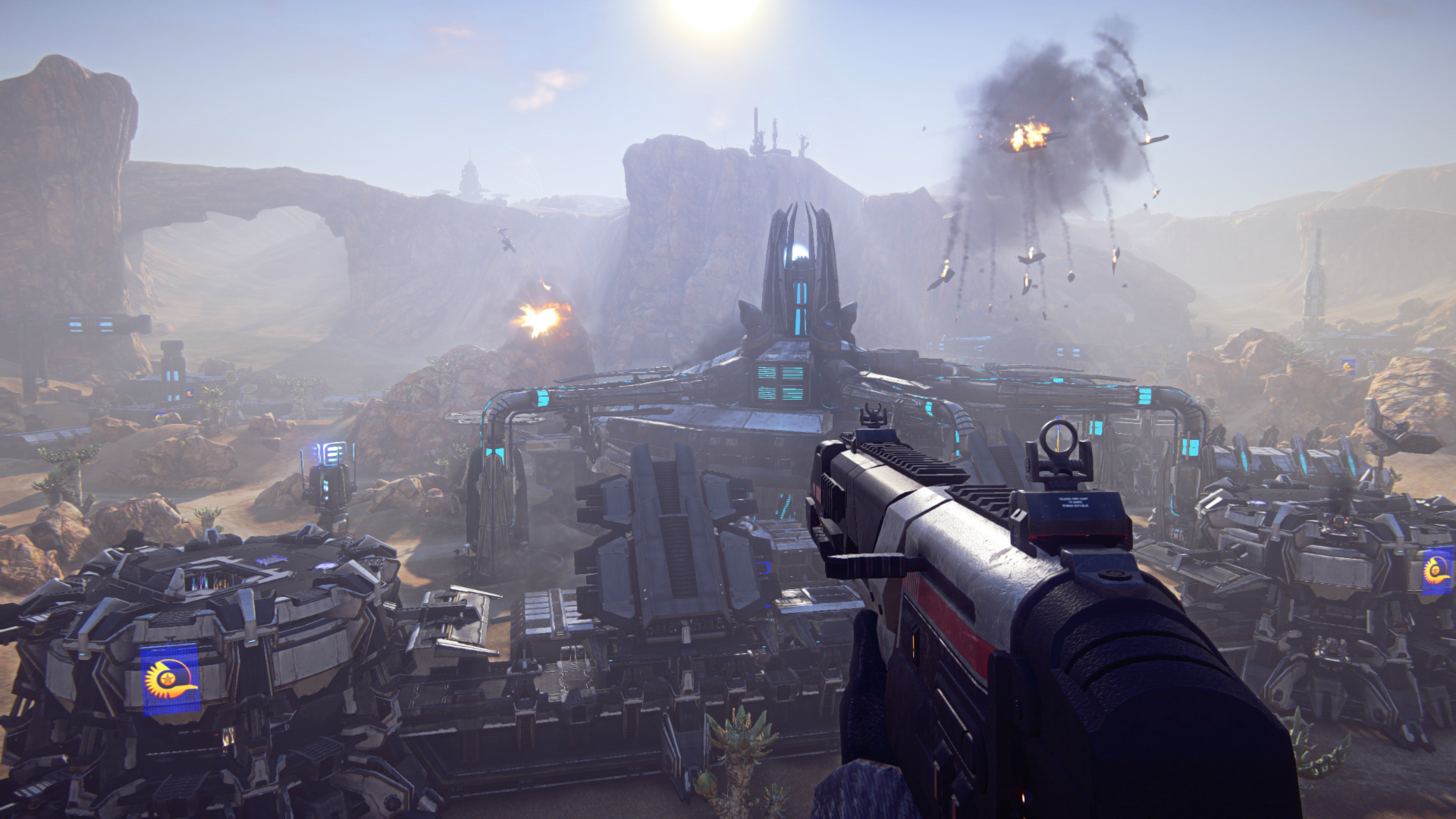
Sign up for breaking news, reviews, opinion, top tech deals, and more.
You are now subscribed
Your newsletter sign-up was successful
With the European Union currently investigating misleading free-to-play games, the future of the microtransaction model could be in contention around the world.
And it's no wonder - from Candy Crush to Dungeon Keeper, many free-to-play games have been getting players hot under the collar with their "pay to win" design.
But while some games shamelessly penalise players who refuse to delve into their wallets, other titles have taken a much better approach. We've rounded up our five best and five worst games to show you who's getting it right, and who's giving free-to-play a bad name.
The good
Spaceteam
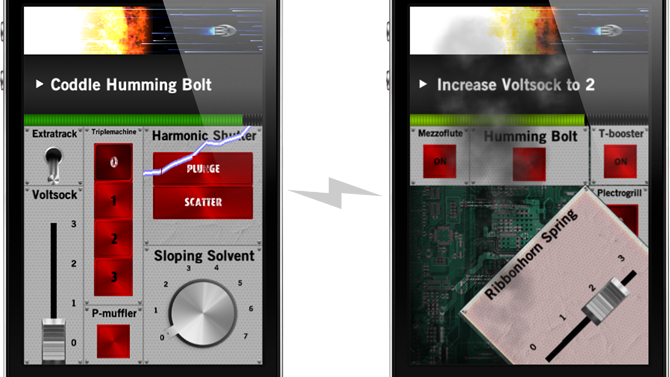
Not only one of the best examples of free-to-play done right, but an elegant use of mobile multiplayer. What could be better than flailing at goo-slathered control panels, sparking and falling apart as your spaceship twirls into a solar flare as you bark phrases like "expunge shockcrane" and "set hearing aid to 7"?
Often missing from other lists of notable F2P games, you'd be forgiven for missing its microtransactions completely. Stocking challenges, ship liveries, outfits and ridiculous alien hieroglyphics, Spaceteam's exhilaration alone is encouragement enough to consider these frivolities. With cross-play between Android and iOS devices, you won't have more fun with friends on phones than this.
Planetside 2
Sign up for breaking news, reviews, opinion, top tech deals, and more.
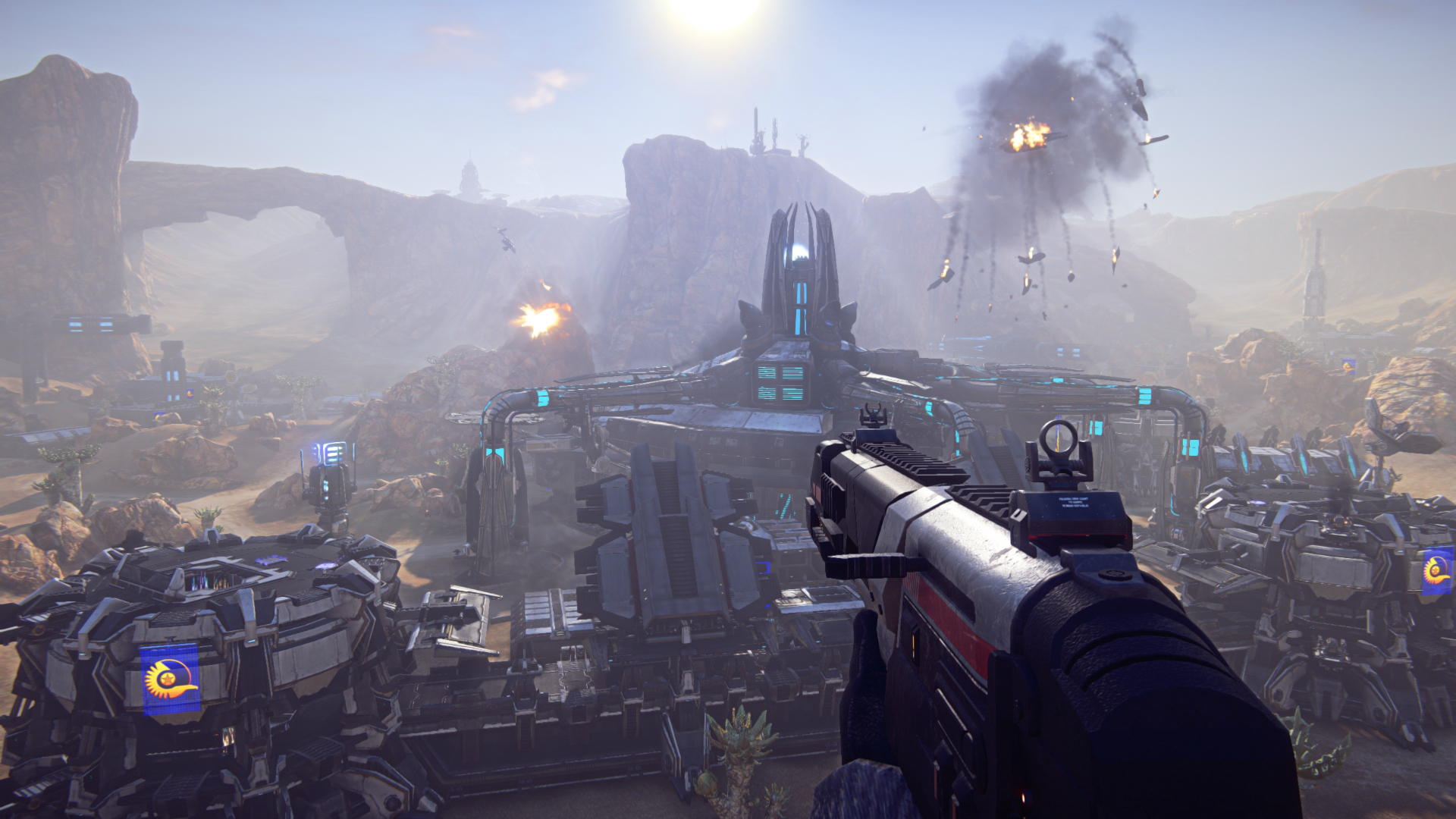
Few games capture the grand, terrifying scale of three-way warfare quite like Planetside 2. The staple shooter is one of the more complex genres to refine and preserve during the F2P process, but Sony maintains the ever-so-delicate balance of PVP difficulty and progression with largely superficial upgrades, most of which can eventually be earned without spending a penny.
Planetside 2 two's double-pronged approach means it also contains Premium Memberships, $15.99/month for early build access, XP bonuses and additional character slots. There are terrifying one-man armies here, deriving sweet joy from a permanent feeling of total insignificance. You'll feel like Lassie caught in the crossfire at the Somme.
Hattrick
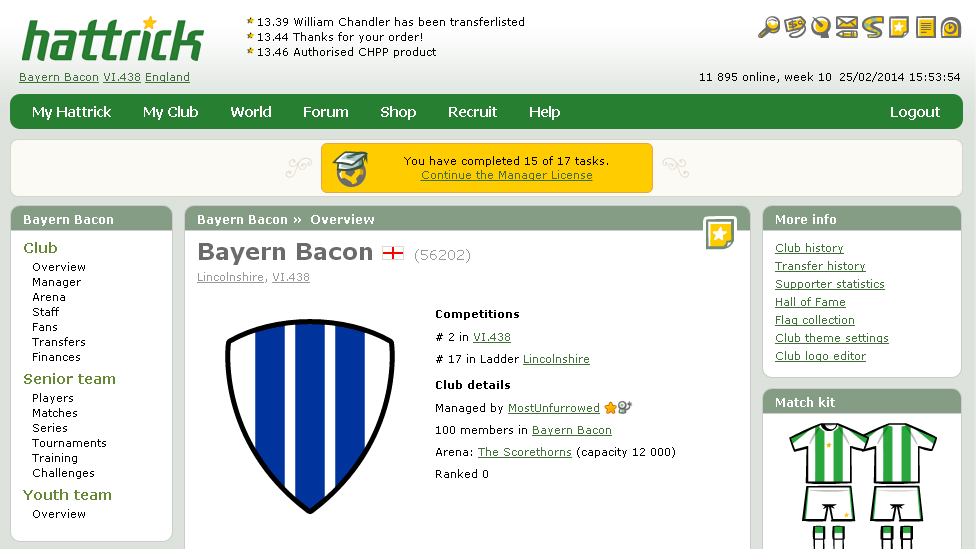
Free-to-play conjures images of the quaint mobile puzzler, PC MMO or Facebook monstrosity, but there is another way. Hattrick is a browser-based football management-come role playing game, and 2009 saw it top 1 million active users.
Matches play out in real time, largely against other players, starting at the very bottom of each nation's league system. FIFA's seasons, but with real tangible progression.
Optional tiered Supporter's fees merely add a sprinkle cosmetic and advanced analytical features and cost below $15. For a slow-burning football management game, look no further.
Dota 2/League of Legends
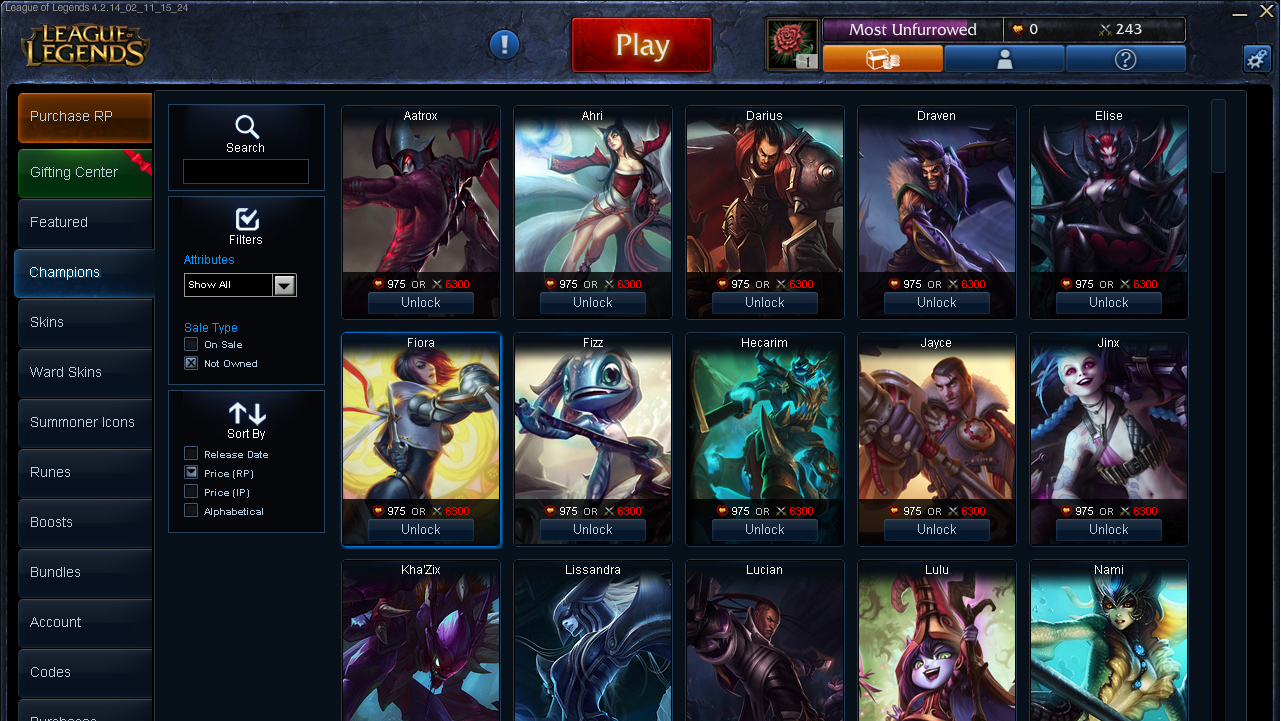
No F2P list can exist without lending a cursory glance at the heavy hitters of Dota 2 and League of Legends, the razor-sharp claws on the big MOBA crab. It's probably not entirely fair to lump the pair together when they're tackling micro-transactions quite differently, but they both do it well.
Each week LoL sees a new crop of free character rotations, eight at a time, holding the rest ransom for Riot Point bribes, ranging from around $12 down to $3. RP can also buy a set menu of the additional skins, boosts and modifiers. Dota 2's purchasables are all non-essentials, with every hero available for hire all day, every day, and the more palatable of the two systems.
Hearthstone
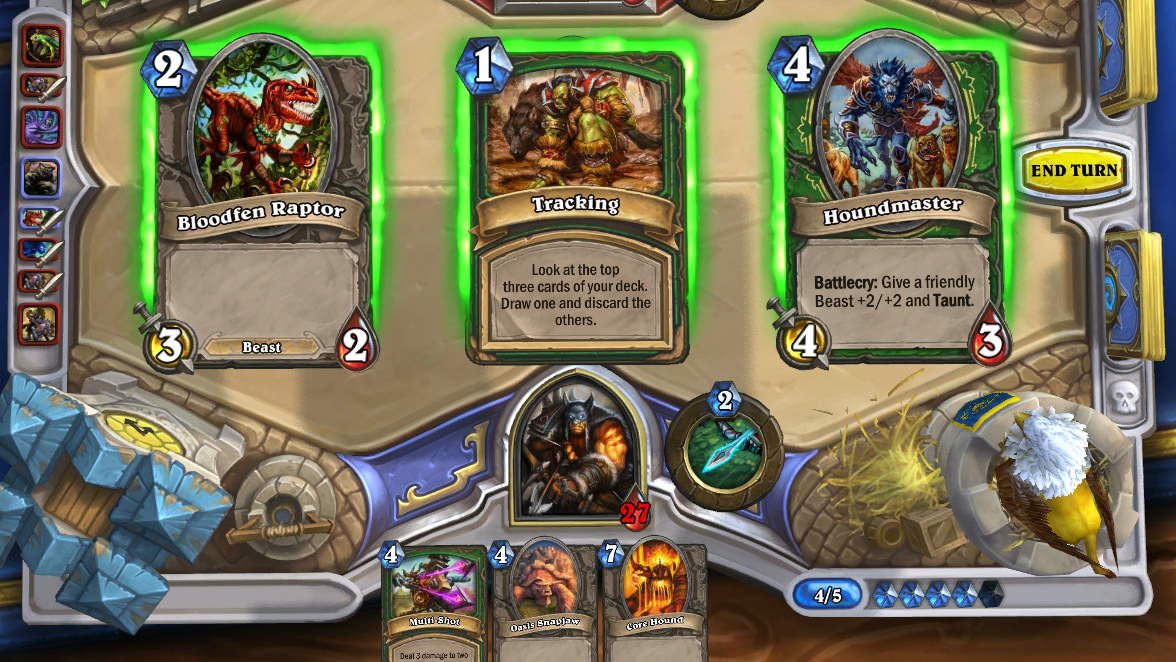
A non-physical card game might not sound the most riveting, especially one still in beta, but even in the depths of beta testing Hearthstone's winning hearts and minds all over the shop.
Basic card decks are unlocked through progression, with individual boosters available with gold. Precisely like bonafide TGCs, boosters can be purchased with real money at will, allowing for variation and specialisation, without gaining an outright advantage.
Powered by Blizzard, Battle.net and the force of a thousand Warcraft stories, making the essentialist's version of Magic: The Gathering. Matches and characters all drip with personality, so encounters feel unique, yet predictable enough for the right degree of tactical awareness.